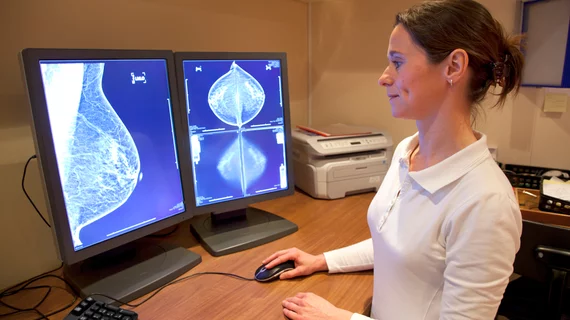Researchers find significant value in second opinions from a multi-disciplinary tumor board
Second opinions from a multi-disciplinary tumor board (MTB) at a National Cancer Institute (NCI)-designated cancer center changed the diagnosis of 43 percent of breast cancer patients, according to a new study published in the Annals of Surgical Oncology.
“Multi-disciplinary tumor boards have been developed internationally and are becoming the standard of care in cancer centers,” wrote first author Denise Garcia, MD, of the Medical University of South Carolina in Charleston, and colleagues. “Typically, they involve meetings between specialists within a specific cancer field such as breast cancer and can include radiation oncologists, surgical oncologists, medical oncologists, pathologists, and radiologists.”
Despite documented evidence of MTBs, many patients with breast cancer receive care without MTB review at a centers that are not designated as NCI. The researchers sought to investigate the changes in diagnosis after a second opinion for breast cancer patients from a MTB review at an NCI-designated cancer center.
In this retrospective study, Garcia and colleagues analyzed breast cancer patients who had been diagnosed by an outside institution and who received a second opinion from the MTB at the Medical University of South Carolina. Radiology, pathology and genetic testing reports from outside institutions were compared with reports generated by the institution’s MTB.
The review included 70 patients seeking second opinions. A total of 30 additional biopsies were performed for 25 patients, and new cancers were identified in 16 patients.
- 22 percent of the patient cohort had additional diagnoses.
- 20 percent had a change in the pathology interpretation following a second opinion.
- 43 percent had a change in diagnosis as a result of the MTB review.
- 16 percent met guidelines for genetic testing but had not been referred for testing—none showed a mutation other than a variant of unknown significance.
“Our results show our second opinion really does provide value in potentially changing the diagnosis, which in most cases will eventually change treatment,” co-author Nancy Klauber-DeMore, MD, FACS, said in a prepared statement. “I would hope this study would empower patients to seek a second opinion at centers that specialize in oncology.”

